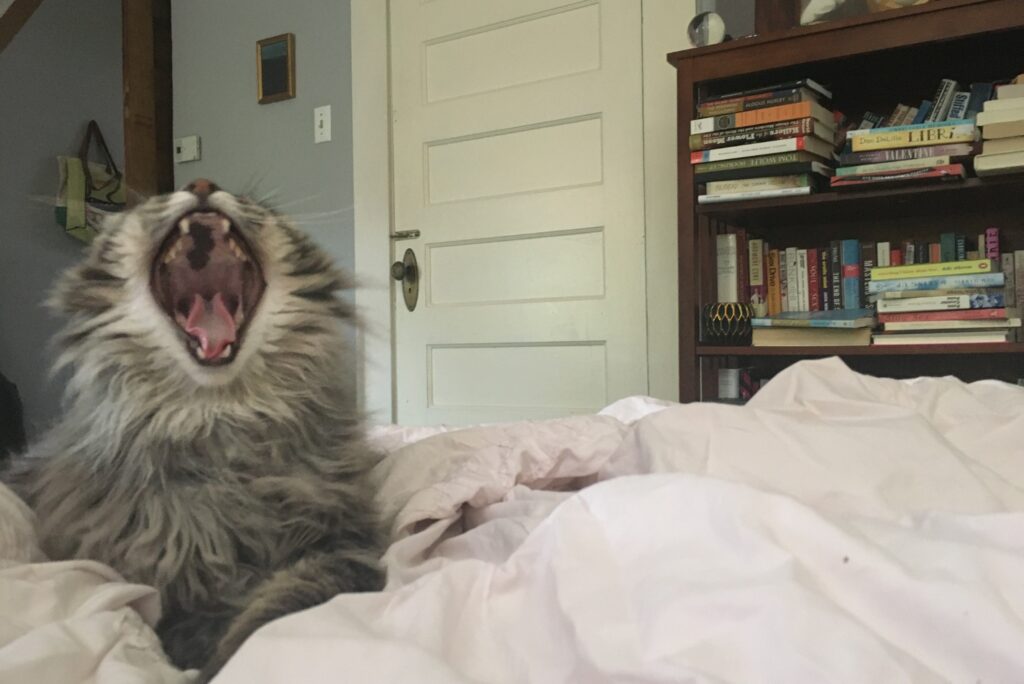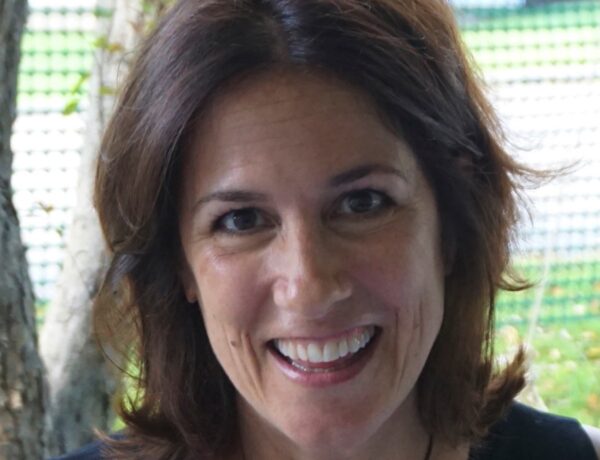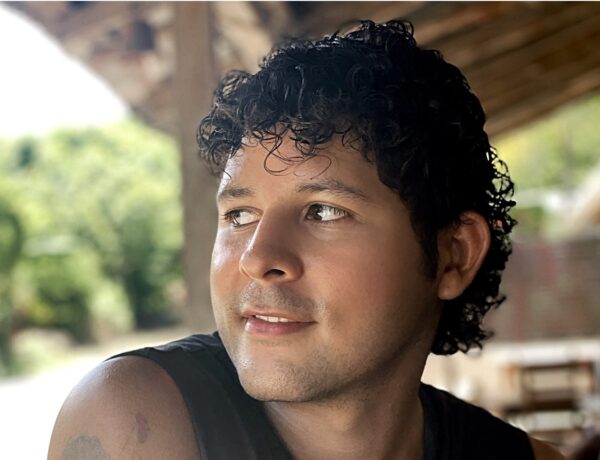Sarah Hepola is a bestselling author and essayist. Her book, Blackout, was well received, and she has had her essays published in various notable publications including the New York Times magazine, The Atlantic, Elle, and The Guardian.
She resides in East Dallas and co-hosts a weekly podcast called Smoke ‘Em if You Got ‘Em with friend and fellow writer Nancy Rommelmann, exploring what’s burning through the culture. Sarah is also the host and creator of the Texas Monthly podcast America’s Girls, an eight-part series that examines the lost history and cultural impact of the Dallas Cowboys Cheerleaders.
Each week, we publish a new daily writing routine from a famous author. Subscribe to our newsletter so you don’t miss out!
Hi Sarah, welcome to Famous Writing Routines, we’re so glad to have you here with us today! Can you describe the journey of writing Blackout and how it evolved from your initial idea to the finished product?
Yes, but I’ll have to give a condensed version! I quit drinking in 2010, when I was an editor at Salon living in New York. I was nearly desperate to get out of that life: I wanted to leave editing as well as Manhattan. I wrote a personal essay about quitting drinking that struck me as a possible escape route. Maybe I could write a book! Nothing is ever this easy, of course.
But I did move back to Dallas in 2011 and started working on a book as I worked part-time for Salon. I thought I’d finish in three months. It took three years. I wasn’t quite sure where I was going when I began. Big-idea journalism book? Memoir? Discovery was a process. I was lucky to find the name for the book very early. A woman in publishing read some early pages and told me, “This book is called Blackout.” Who was I to disagree?
How did you approach the process of sharing such personal experiences in the book? How did the experience of writing Blackout differ from your previous writing projects?
I was running the personal essays section at Salon at the time, a job that had been designed for me, if that gives you any sense of how common the act of first-person writing was for me. The difference with Blackout is that I was writing about friends and family, as opposed to mostly writing about my own failings; that part was tough.
I really didn’t want to write about my mom, whom I adore, because I knew she felt guilty about my heavy drinking, and I wanted to protect her from any blowback, judgment, or anxiety. That wasn’t going to work though; my relationship with my mom was central to how and why I drank.
So I had to get over that, but my mom tells people the book was one of the great gifts of her life. She could finally understand my drinking better, and she could let herself off the hook a bit. A lot of vectors led to my drinking life.
You’ve had a varied career as a movie and theater reviewer, a culture writer, a music critic, a sex blogger, and a personal essays editor, how have these experiences influenced your writing style and approach?
They’ve made me a bit of a generalist who isn’t (too) afraid to wade into territory she doesn’t know very well. I had no idea how to be a music critic until I got that job in 2003. I had no idea how to blog about sex until I got a gig at Nerve in the aughts.
Recently I did a podcast about the Dallas Cowboys Cheerleaders called America’s Girls, which plumbs into the history of the Dallas Cowboys, despite the fact that I’m not a football or sports fan. But I try to never pretend more than I know. I like to level with my audience, always. It makes me less anxious and helps build trust.
You co-host a weekly podcast Smoke ‘Em if You Got ‘Em, and are the creator of the Texas Monthly podcast America’s Girls, can you tell us about these projects and what you enjoy about podcasting?
America’s Girls is an 8-part docu-series about the lost history and cultural impact of the Dallas Cowboys Cheerleaders that I did in conjunction with Texas Monthly, where I’m a writer-at-large. Part cultural study, part pop-culture criticism, part feminist reclamation, part examination of feminist backlash. I took it on as a side project when I was working on my memoir, but it took over my life. Definitely one of the hardest projects I’ve ever done.
Smoke ’em If You Got ’em is a much lighter lift. I get on-mic with my friend and fellow journo Nancy Rommelmann once a week to talk about what’s burning through the culture right now. We talk about pop culture, celebrity scandals, culture-war politics.
Our latest episode is about a recent Armie Hammer profile (a fascinating interview with the author Jamie Kirchick). Smoke ’em is a Substack podcast, meaning we work on a pay model to make some scratch, but you can sign up for free and listen to hour-long previews on Apple and Spotify. It’s great fun, but more work than I imagined when we took it on. But I do love podcasting, because I adore the intimacy of the voice. Also, I don’t have to worry about how I look, or what I’m wearing.
Discover the daily writing habits of authors like Stephen King, Neil Gaiman, and Gillian Flynn with Famous Writing Routines Vol. 1 and learn how to take your writing to the next level. Grab your copy today!
What does a typical writing day look like for you?
Oh boy. I wake up early and write for the first several hours on whatever is most pressing for me. Lately, it’s my second memoir, which I’m currently revising, about being single in my 40s despite wanting to get married and have kids. But other times it might be a profile or essay or even a journal entry; it all depends on what moves me that morning, and what deadline is at my back. And when I say “early,” I mean really early.
Some days I wake up at 1:30am and write through the early dark hours. Then I’ll switch over to other work around 9 or 10: Freelance projects, reading the news, prepping for the podcast or the memoir class I teach at the University of Texas at Dallas, social media nonsense, errands, etc. I have to take a nap somewhere in there, and I’m usually brain dead by 4pm.
Can you share any daily habits or routines that you have in place to maintain your productivity and creativity as a writer?
Writing first-thing is the best habit I ever developed. If I put off the writing till later, I’ll likely come up with excuses for why I can’t or don’t have to do it. (I only wish I could do the same with exercise, which I tend to avoid and wish I didn’t.)
I listen to one song on repeat for most of the day. I have no idea if this is something that would work for others; it’s what works for me. I like having a soundtrack during my writing hours, but I don’t want it to vary too much or I’ll get distracted, so I pick a song in the morning when I’m getting my coffee. ELO, Bruce Springsteen, the Old 97s, Lana Del Rey, Kacey Musgraves. It’s like a mood ring or something.
How do you balance your work as an author with your responsibilities as a podcast host and creator?
They all feel like part of the same puzzle. Each one informs the other. But how do I balance it, time-wise? Well, I’m not married, and I don’t have kids, and I don’t date much lately, and my cat is very forgiving.
If you could have a conversation with any author throughout history about their writing routine and creative process, who would that person be?
David Foster Wallace, who took his own life at 46, two years younger than I am now. That’s very weird to me: To be older than one of my literary heroes. Wallace really changed how I understood essay writing and storytelling, not to mention addiction. (He was also sober, also a member of AA, a detail that became public after he died.) I miss the gift of his brilliant mind so much in these dark days. My cat is named Wallace, by the way.
I’d love to know about the books you’re reading at the moment. What have been some of your favourite reads?
I read multiple books at once, a questionable habit, and I don’t finish most of them. People get surprised when I tell them this, but to me, it’s only rational. I don’t have time! I’m a slow reader who has to read a lot for work.
So the books currently in rotation (Kindle/audible/hardback/paperback, I take all kinds): Hollywood Ending: Harvey Weinstein and the Culture of Silence by Ken Auletta, BFF: A Memoir of Friendship Lost and Found by Christie O. Tate, and Galveston: A History of the Island by Gary Cartwright.
Some of my favorite recent reads were books that absolutely sucked me in, and I couldn’t read anything else: Underworld by Don DeLillo, Angle of Repose by Wallace Stegner, Crossroads by Jonathan Franzen. I also found Louise Perry’s book The Case Against the Sexual Revolution very compelling, though I disagreed with it a bit. But who doesn’t agree with an author from time to time?
What does your current writing workspace look like?
My bed. One day, I’ll break this habit, but for now, it’s me under the covers, the cat curled beside me, and a bunch of books and notepads scattered across the mattress. I do clean up before my dates.

Affiliate disclaimer: Some links on this website are affiliate links. We may earn a small commission if you make a purchase through these links, but only promote products we truly believe in. We disclose affiliate links and give honest reviews.



1 Comment
Gay
March 18, 2023 at 10:24SARAH HEPOLA’S book Blackout is the best quit lit ever. It’s even more than that: just a brilliant book. I can’t wait to read her next book.